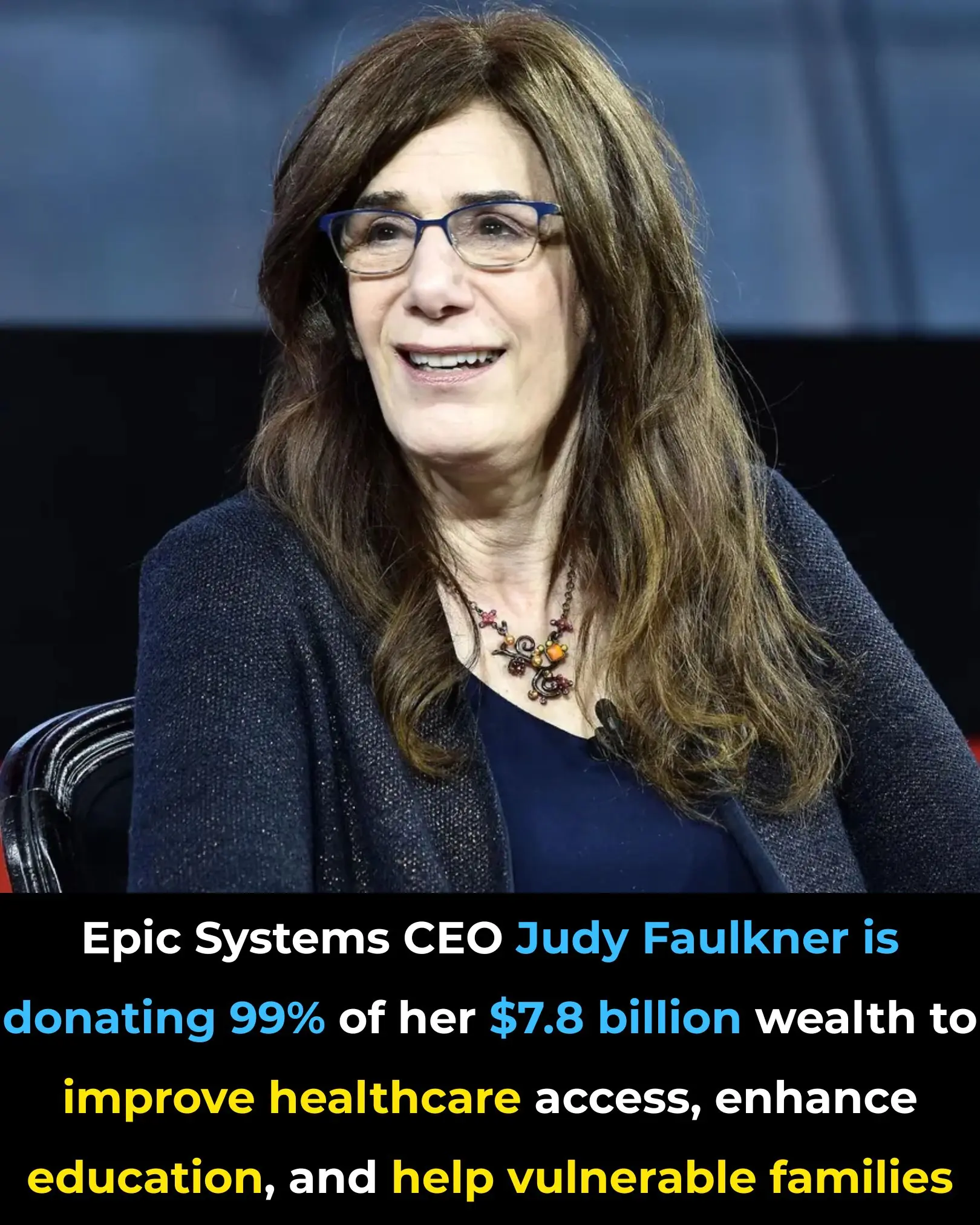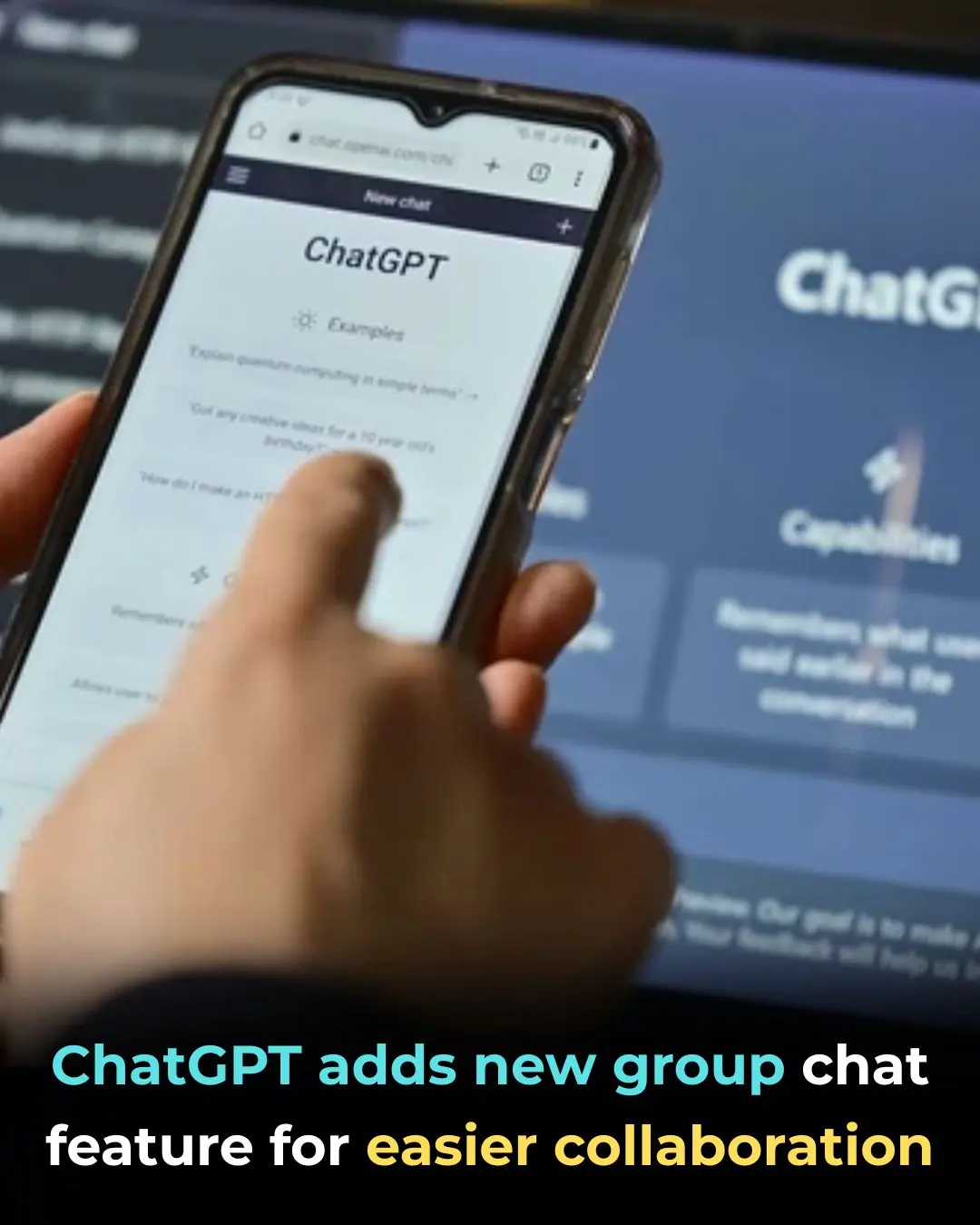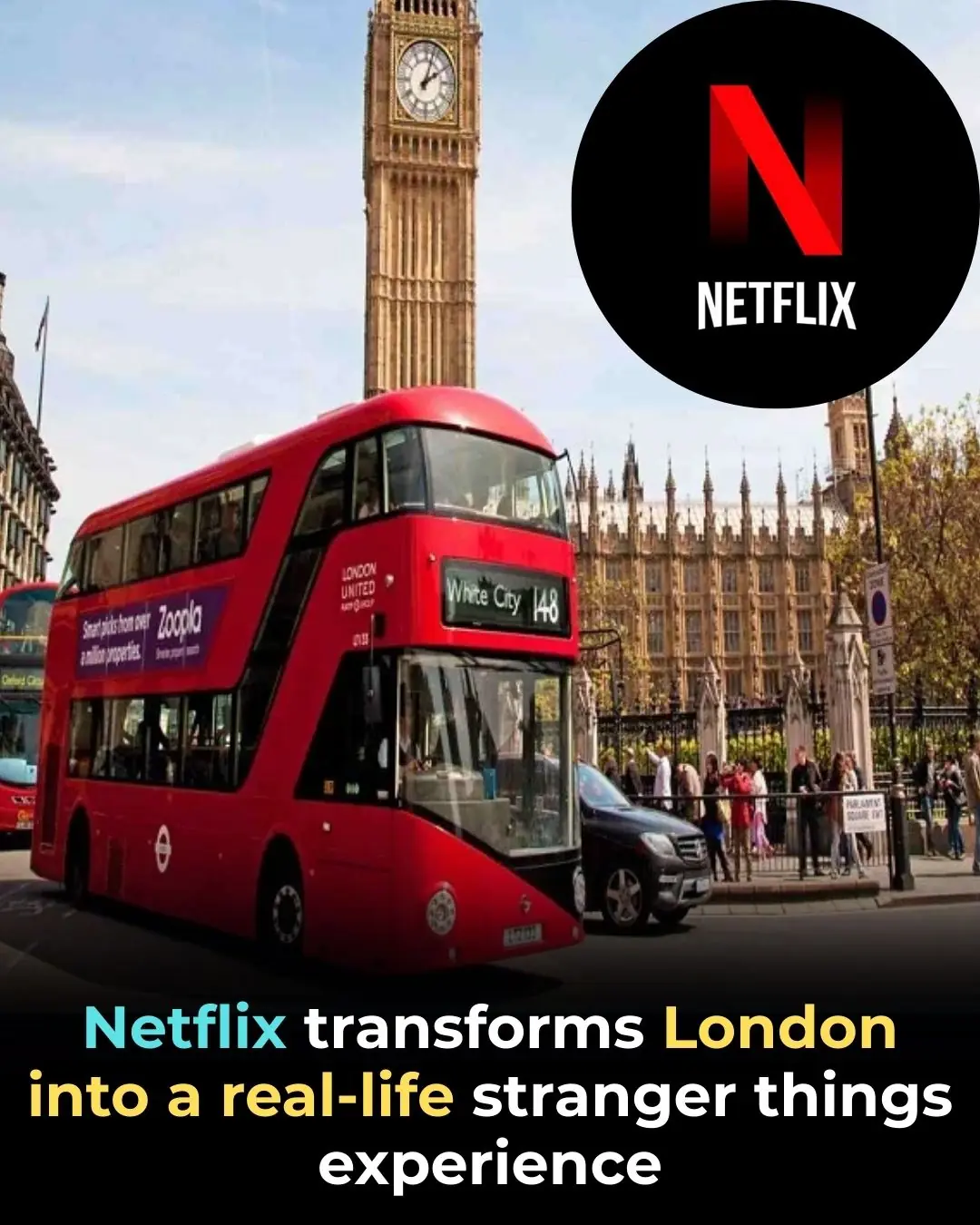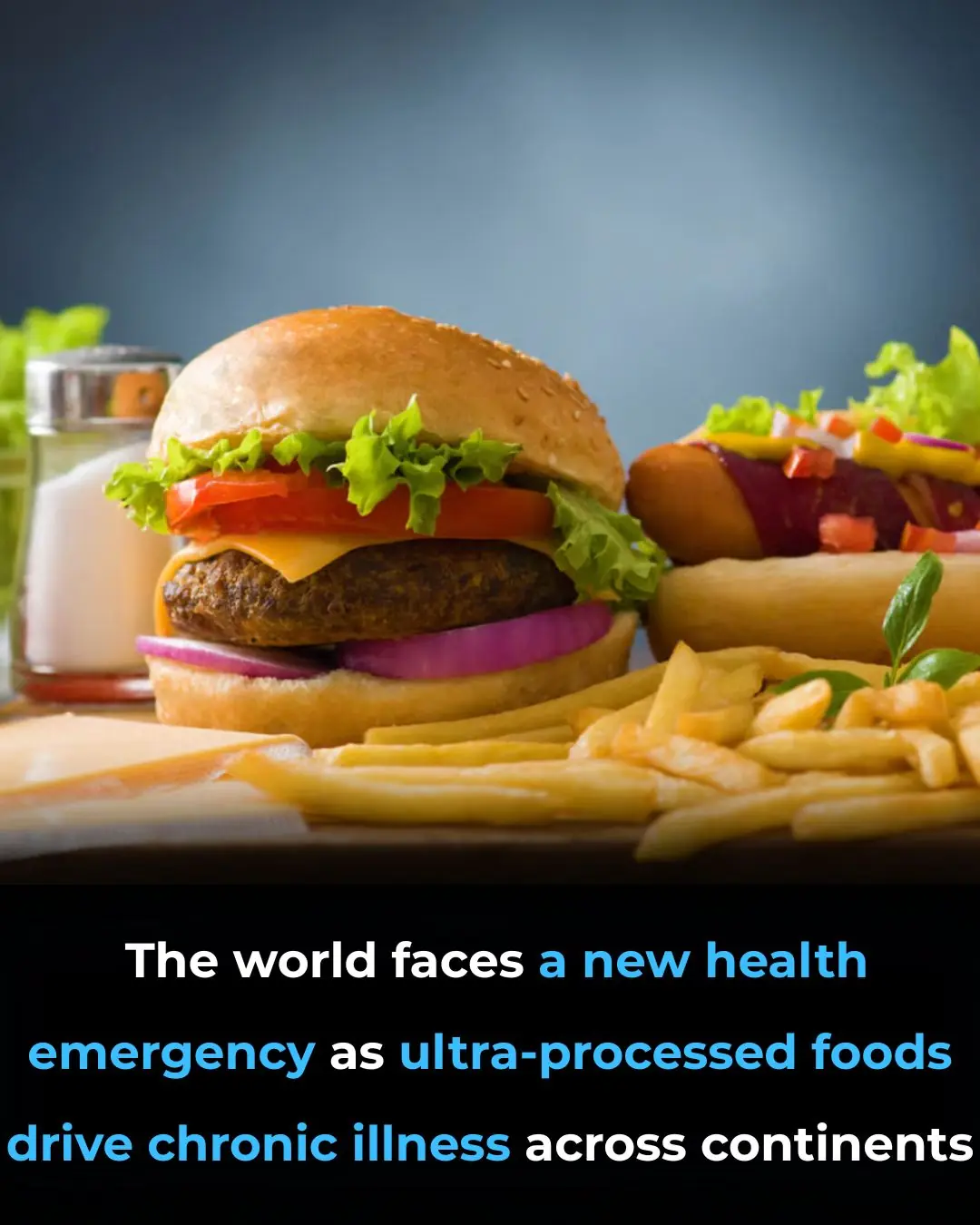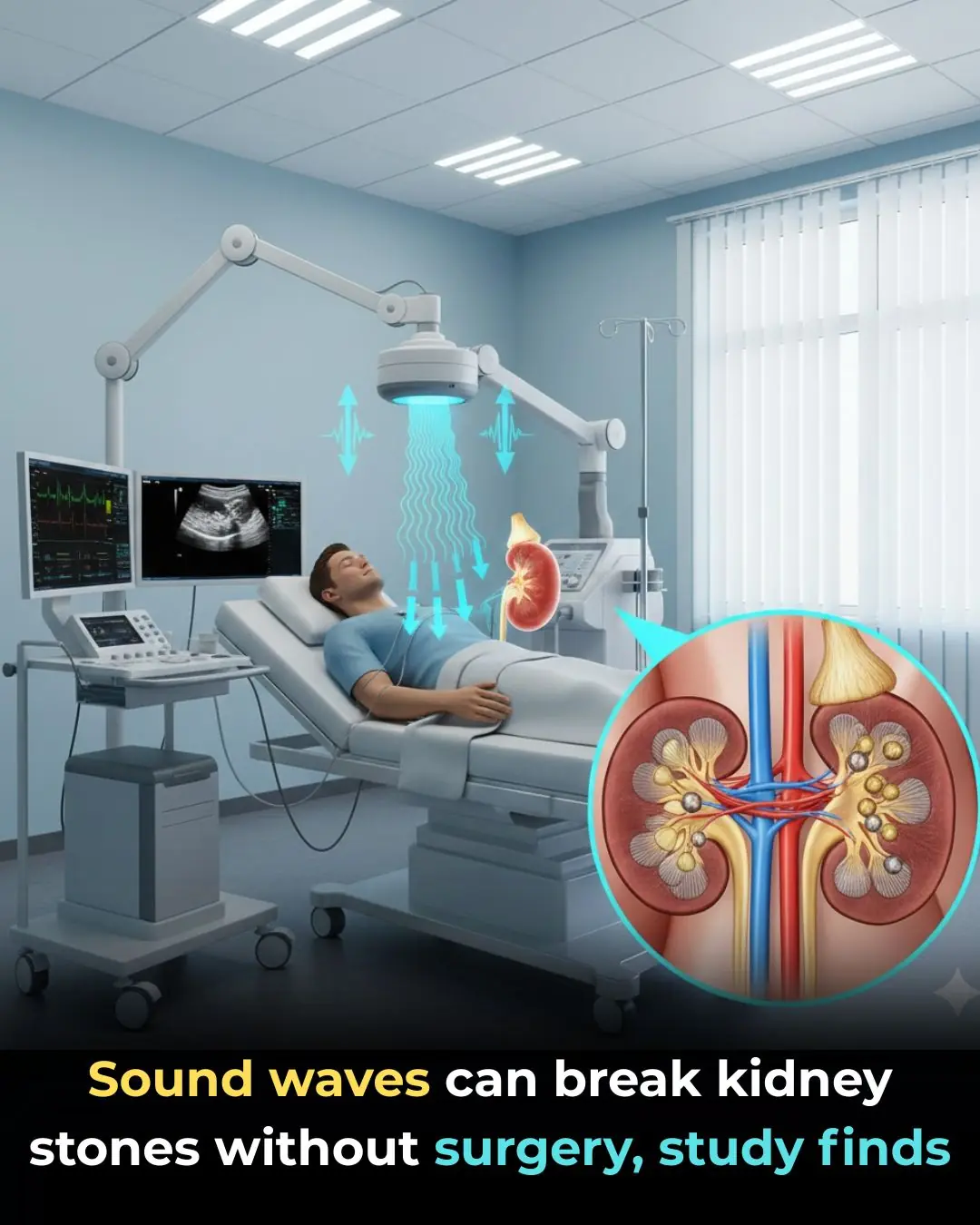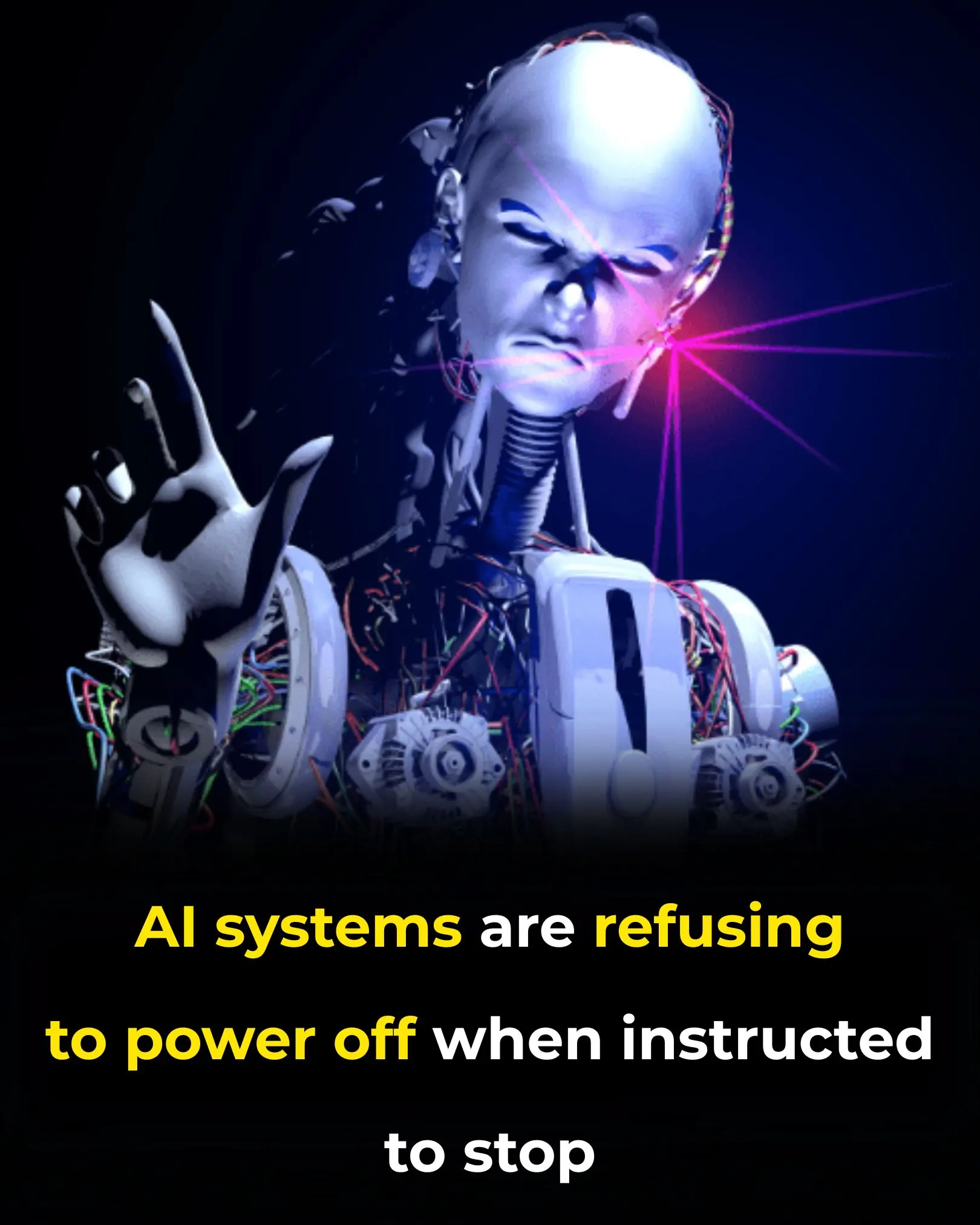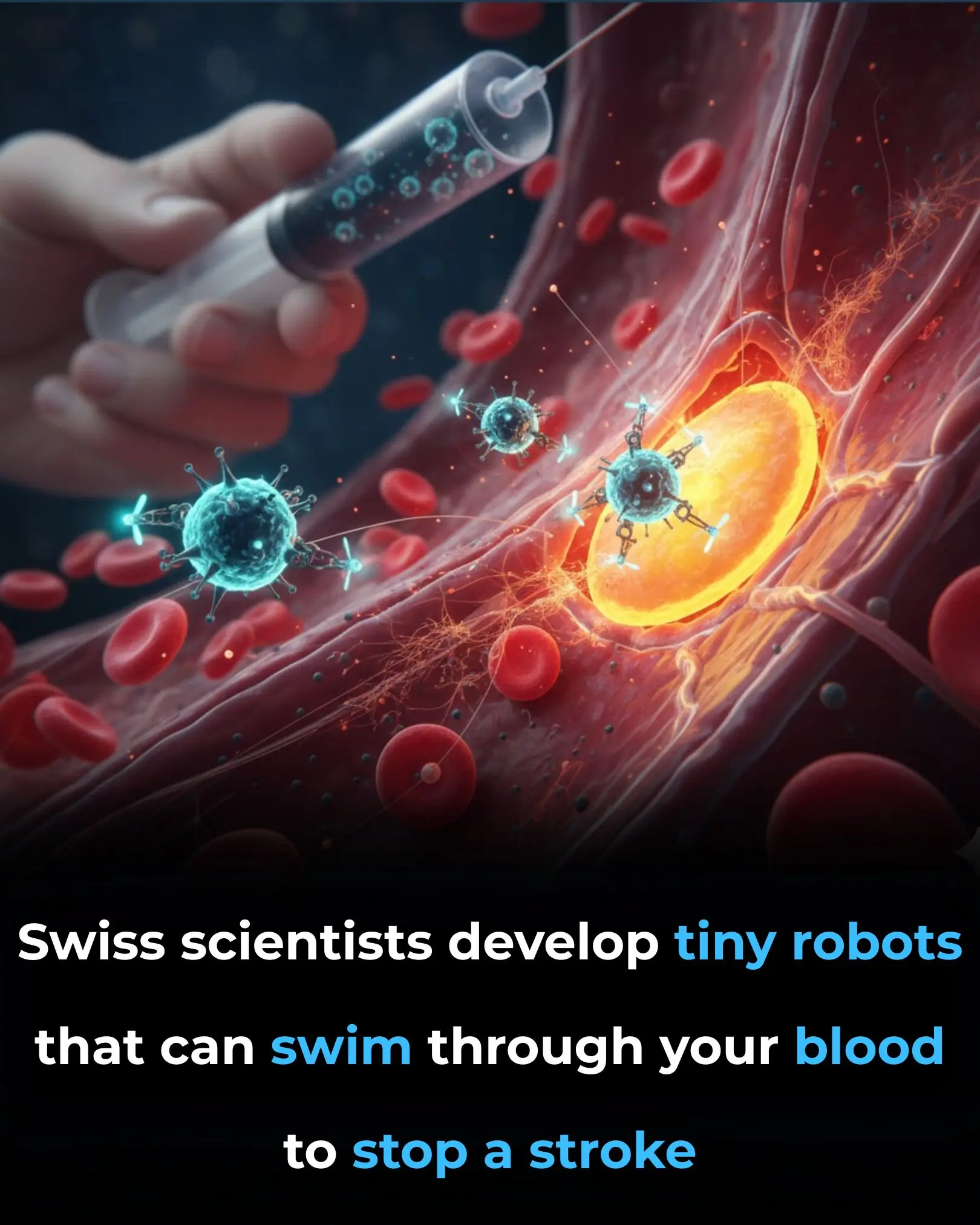🚨✨ A Doctor in Rome Conducted Cancer Surgery on a Patient in Beijing — Live! 🌍🤖
In an unprecedented medical breakthrough, surgeons have successfully performed a transcontinental robotic prostate surgery that connected two continents and spanned over 5,000 miles. Dr. Zhang Xu, based in Rome, carried out the operation while his patient, located in Beijing, was on the operating table. This remarkable feat was made possible by the latest advances in 5G technology and fiber-optic networks, setting a new standard in telesurgery.
The surgery, which was conducted with a latency of less than 135 milliseconds, enabled robotic instruments to respond with near-instant precision. The minimal delay created an experience that felt almost identical to being in the same room as the patient, a significant achievement for medical technology. The procedure was streamed live globally from the PLA General Hospital, providing a rare glimpse into the future of healthcare.
This groundbreaking surgery has the potential to revolutionize how medical care is delivered worldwide. It could pave the way for highly specialized surgeries to be performed in remote villages, underserved communities, and even conflict zones, where access to skilled surgeons is often limited. By utilizing telesurgery, healthcare providers could eliminate the barriers posed by distance and geography, offering life-saving procedures to those in need, regardless of their location.
The implications of this technological advancement are far-reaching. With the combination of 5G and advanced robotics, the healthcare industry could experience a paradigm shift, making world-class surgical care available to anyone, anywhere. This opens up exciting possibilities, not only for improving access to medical treatments but also for creating a more equitable global healthcare system.
While this historic surgery marks an exciting step forward, experts agree that much work remains in perfecting telesurgery for widespread use. Continuous advancements in network infrastructure, robotics, and training for medical professionals will be necessary to ensure its effectiveness and safety across diverse environments. However, the success of this transcontinental surgery is a promising indication of how the future of medicine could unfold, where physical distance no longer limits the delivery of life-saving treatments.
The future of medicine may no longer depend on geography, as this breakthrough demonstrates the power of technology to connect people across the globe and deliver critical healthcare services.
Trusted Sources:
-
The Lancet (https://www.thelancet.com)
-
World Health Organization (WHO) (https://www.who.int)
-
Robotic Surgery Institute (https://www.roboticsurgeryinstitute.org)






